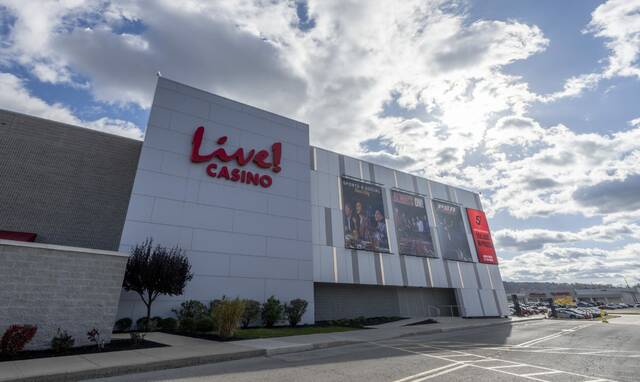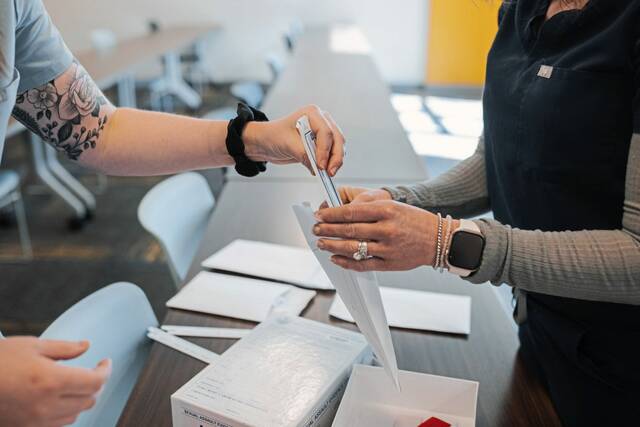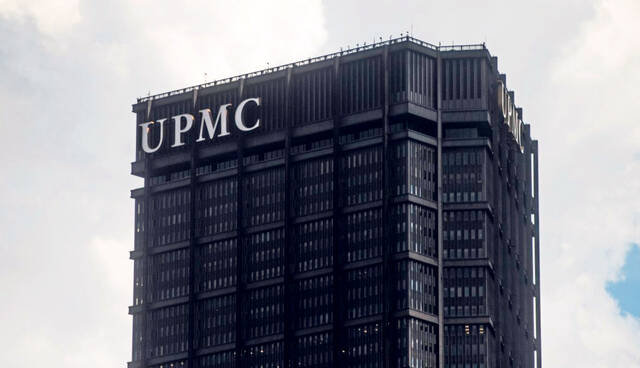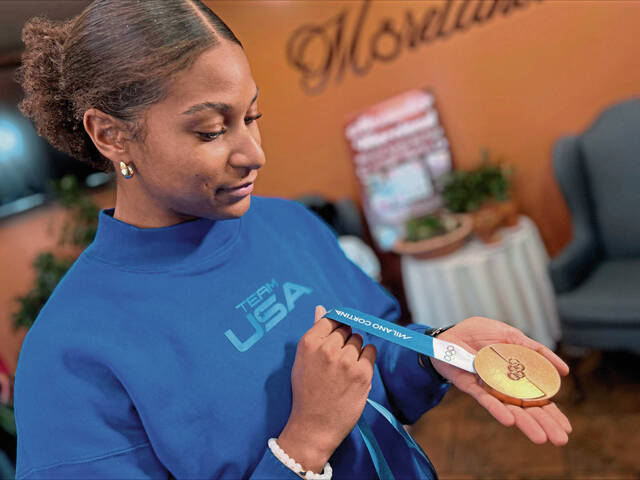A proposal to amend Pittsburgh’s parking code would provide virtual permitting, adopt regulations for visitor and non-resident permits and create hybrid residential parking permit areas.
The proposed legislation also seeks to “clarify the administrative process for the program” and add permit fees to the city’s annual fee book.
“The main feature here is to make this a reliable code,” Councilman Bobby Wilson told council members Wednesday. “This updates the code so the law is effective.”
Under the legislation, residential parking permits, visitor permits and non-resident permits would be assigned virtually and tracked digitally by license plate.
The proposal also outlines regulations for visitor and non-resident parking permits.
Visitor permits would be permitted for up to three days at a time, up to 12 days per month. While the visitor permit is valid, the driver would be allowed to park in a residential parking permit area like a resident.
Residential parking permit areas are defined as areas where “owners and tenants may be eligible for residential parking permits, visitor permits and others may be eligible for non-resident permits, while all others must abide by parking restrictions detailed on posted signage.”
The areas essentially serve as spots reserved for those with proper permits — those who live there or others who have obtained permits through the proposed visitor and non-resident systems.
Residential permits cost $20, with a $1 charge for each visitor permit.
“This creates new non-resident permits where if you want to have a babysitter or a contractor, right now, there aren’t options for that,” Wilson explained.
Non-resident permits would be issued to individuals looking to park because they are administering medical care or end-of life care, to contractors performing work permitted by the city, to those providing daytime childcare or to landlords.
The measure also would create an option for hybrid residential parking permit areas, where vehicles without a permit would have to pay a parking meter to use the space for a limited time.
Regular residential parking permit areas allow unpermitted drivers to park for between one and two hours. Hybrid residential parking permit areas would allow them to park for between one and four hours.
“It would create that option,” Wilson explained. “It doesn’t create any hybrid areas right away. It’s all community-driven and it requires council approval.”
Potentially using hybrid parking options, however, could be beneficial for residents who live near busy streets. In many instances, people will avoid paying fees on busy main roads by parking a few blocks away, often directly in front of people’s homes. By using a hybrid residential parking permit system, he said, residents would be able to park on their streets with a pass and others would have to pay a fee to park there, potentially incentivizing them to simply park on the main drag where they would pay the same fee.
“Most of these changes are driven by complaints that people have gotten living in (residential permit parking) districts,” Wilson said.
The measure is being held for a post-agenda meeting and a public hearing. All code changes require a public hearing.








